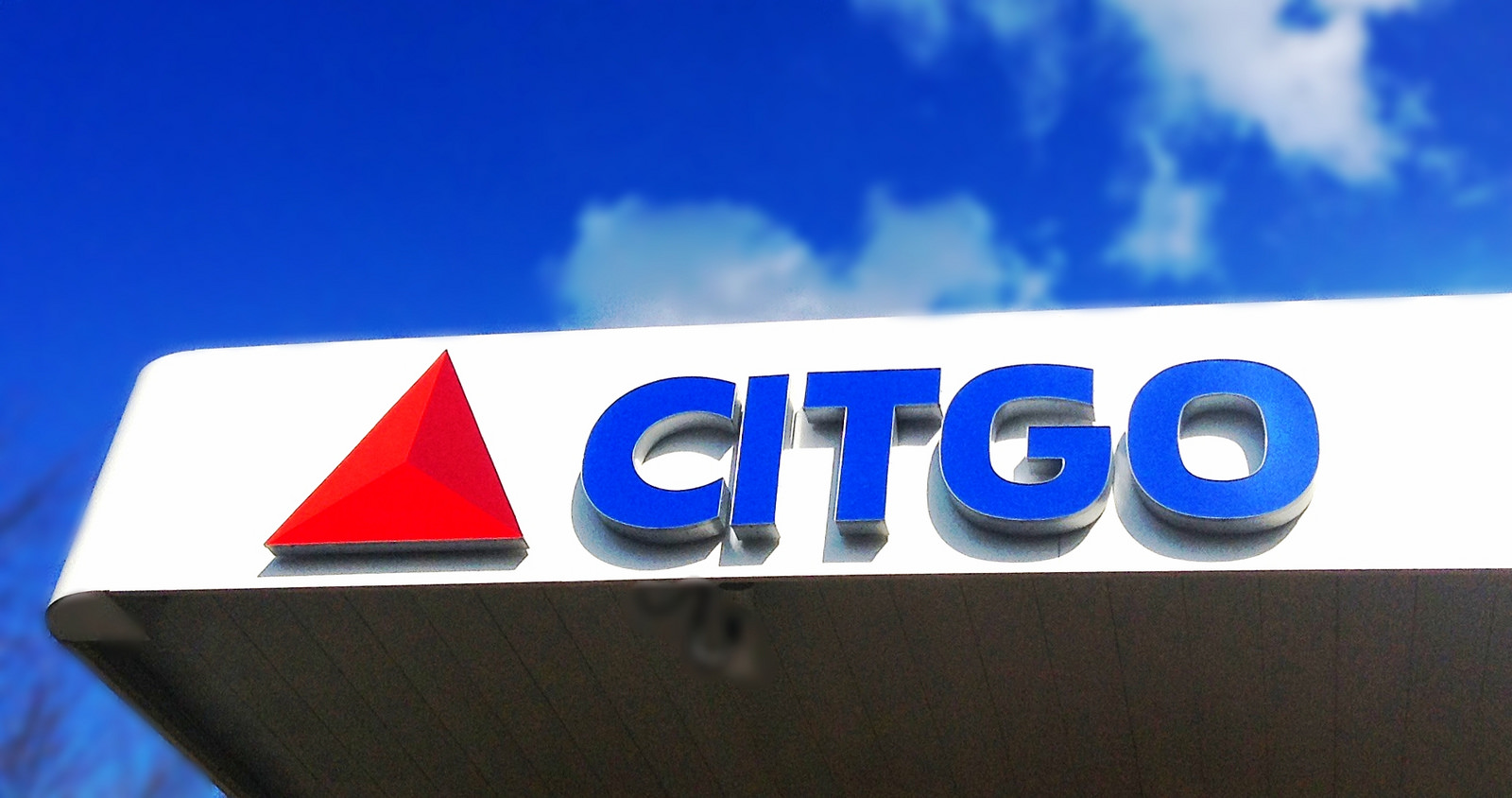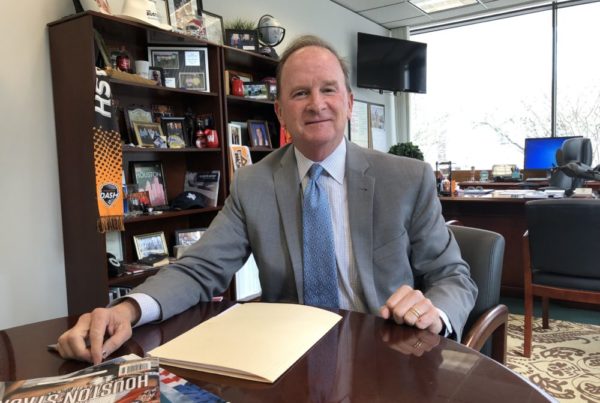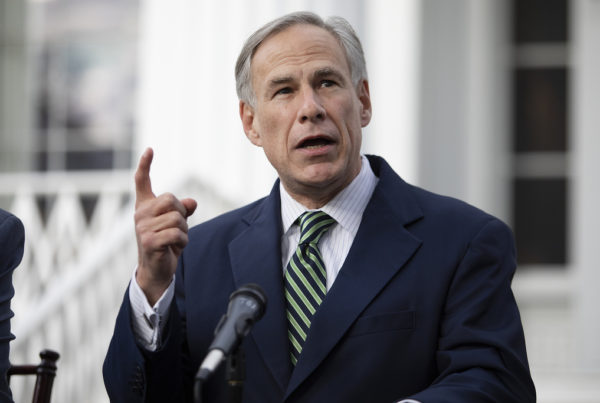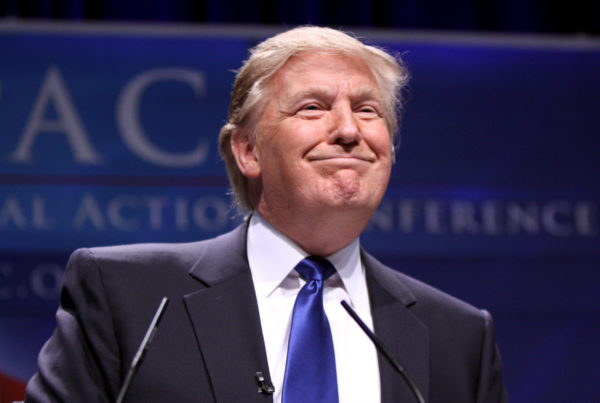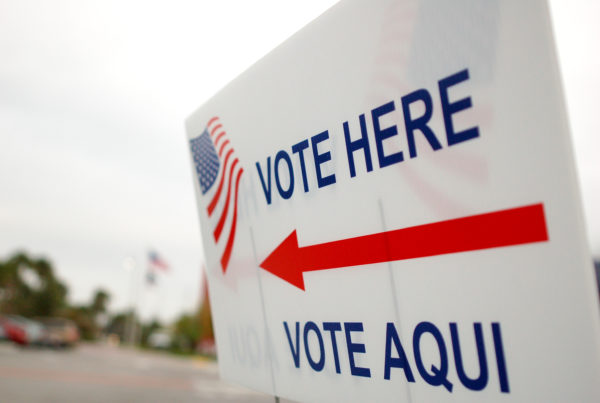If you’ve seen a Red Sox game on TV, you’ve probably seen the huge, 60-foot Citgo sign hovering beside Fenway Park. Minute Maid Park, home of the Houston Astros, has a replica of the sign, as does Whataburger Field in Corpus Christi. That red triangle logo is found on gas stations across the country, and Citgo has been a fixture in the U.S. energy industry since the company’s founding in 1910.
What some may not know is that Citgo has been a subsidiary of Petróleos de Venezuela, S.A., or PDVSA – Venezuela’s state-owned oil and natural gas company – since the 1980s. Because of the current political crisis in Venezuela, the Trump administration announced Monday that it would block all U.S. money going to PDVSA, in an effort to force Venezuelan President Nicolás Maduro out of office.
Adam Taylor is a foreign affairs reporter for The Washington Post, and says Citgo is now caught in the middle of a larger international conflict.
“Their parent company … is facing sanctions and facing economic pressure under the Trump administration due to [the] deteriorating political relationship between Venezuela and the United States,” Taylor says.
The Venezuelan government took over the country’s oil industry in the 1970s, and Taylor says PDVSA then gradually bought up shares in Citgo – then an American-owned company – in the late 1980s and early ’90s. Taylor says that’s because PDVSA needed somewhere to send its crude oil; it planned to take advantage of Citgo’s established refineries and pipelines.
“It’s a relationship that made sense,” Taylor says.
But now, since the Trump administration’s sanctions, the future of Citgo is uncertain. It’s still in operation, but Taylor says the U.S. is trying to transfer ownership to Venezuela’s opposition party. Taylor says that would then help channel money toward National Assembly President Juan Guaidó, and help him take over the presidency from Nicolás Maduro – something the U.S. and President Donald Trump are pushing for.
“It’s a little unclear how that would look in practice,” Taylor says. “What would probably be the most immediate effect is that PDVSA would stop sending crude oil to the United States. … But that would have really big economic effects on Venezuela.”
Listen to the rest of the story in the player above.
Written by Morgan Kuehler.


